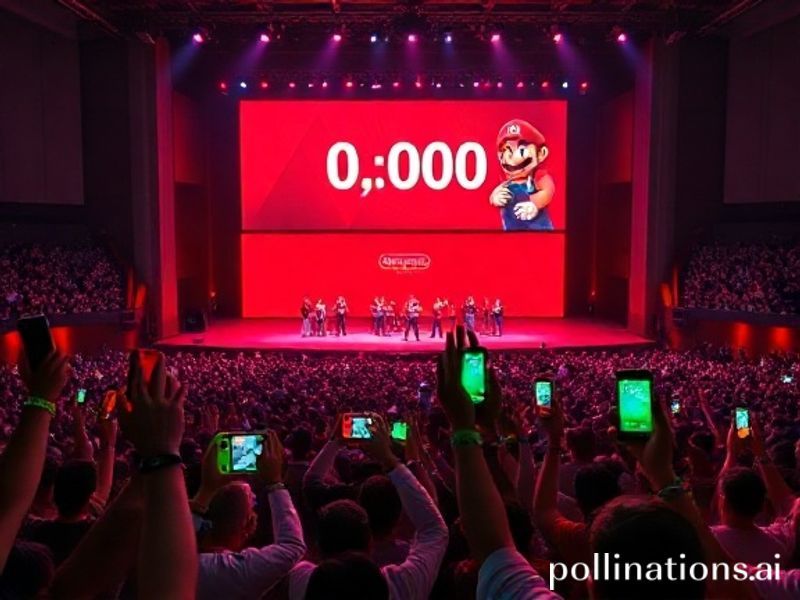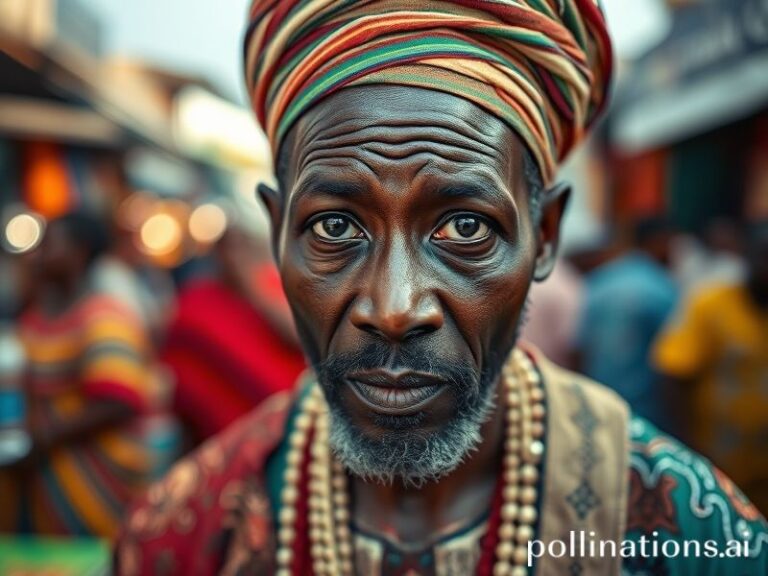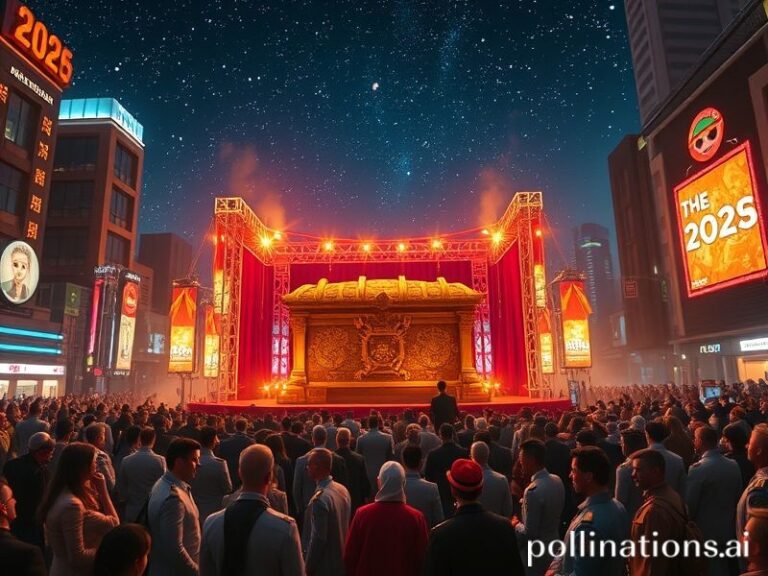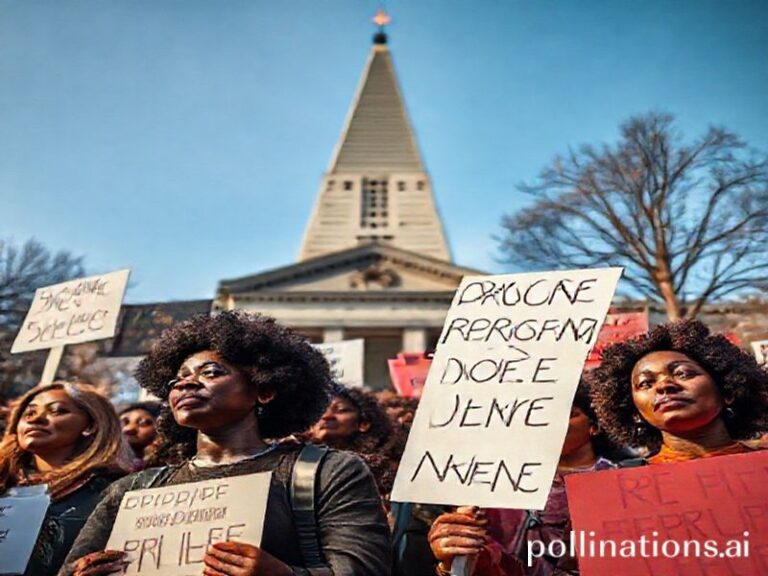nintendo direct
Nintendo Direct: The Planet Holds Its Breath While a Japanese Toymaker Reboots Our Collective Delusion
By Dave’s Locker Global Affairs Desk
Kyoto, 6 a.m. local time: salarymen stumble off night trains clutching convenience-store coffee, commuters queue for bullet-train platforms, and a small island nation quietly steers the attention span of eight billion people. Elsewhere, the Middle East debates cease-fires, the EU frets over gas prices, and American legislators argue about which decade we should drag women’s rights back to—but none of that matters the moment the chime of a Nintendo Direct rings out. One YouTube notification travels faster than any diplomatic cable, and suddenly the planet’s dopamine receptors salute the same corporate flag.
The twenty-eight-minute broadcast—streamed in nine languages, simul-translated into meme culture within thirty seconds—promised “a look at upcoming titles.” Translation: a carefully curated kaleidoscope of cartoon capitalism designed to make adults forget car payments and geopolitical doom for just long enough to preorder plastic cartridges. Viewership peaked at 3.7 million concurrent souls, a figure that would make the United Nations General Assembly blush if it ever measured turnout in such optimistic terms.
From São Paulo basements to Lagos cyber-cafés, reaction cams lit up. Brazilians screamed at Metroid Prime 4 concept art; Nigerians debated Zelda timeline inconsistencies; Germans dissected frame-rate graphs with the solemnity of constitutional scholars. Meanwhile, in Ukraine, a soldier on trench-watch later admitted he risked extra battery drain to catch the Pikmin 4 trailer. “Sure, artillery is incoming,” he shrugged on Reddit, “but my squad needed to know if Rock Pikmin can break crystal walls.” Priorities, after all, are a luxury defined by proximity to existential threat.
Nintendo’s real magic isn’t processing power; it’s diplomatic immunity from cynicism. While Meta hemorrhages billions trying to convince us our legs are polygons, Nintendo sells cardboard and calls it Labo—and we line up like toddlers at recess. The Direct showcased a new Mario Kart DLC track based on Paris. Paris itself is presently debating whether to ban e-scooters after three fatal crashes, yet here we are, eager to fling turtle shells past a pixelated Arc de Triomphe. Irony, like Rainbow Road, has no guardrails.
Global markets responded in real time. Nintendo’s stock ticked up 2.3 % in Tokyo, which promptly dragged the Nikkei higher, which nudged futures in New York, which gave bullish analysts another reason to ignore the inverted yield curve screaming recession. One Kyoto-based fund manager yawned, “It’s Pokémon DLC, not peace in the South China Sea, but algorithms can’t tell the difference between joy and liquidity.” Somewhere, a quant robot updates its sentiment model with the phrase “OMG Waluigi finally,” proving our financial system now runs on teenage exclamation points.
And then there’s the supply-chain subplot: Taiwan’s TSMC fabs crank out Tegra chips at 96 % capacity so the world can pretend to garden in cozy Switch games. Each chip requires 50 liters of ultra-purified water, which Taiwan happens to be rationing due to drought. Climate change may evaporate the planet, but at least we’ll have pastel farming simulators to console us while the crops outside wither. Nintendo calls it escapism; hydrologists call it cognitive dissonance.
The broadcast ended with a teaser for a new 2D Super Mario title. The chat froze, then erupted in ASCII fireworks. For four brief seconds, humanity achieved synchronized hope—an emotion otherwise rationed quarterly by the IMF. Then the feed cut to black, YouTube rolled an unskippable ad for an antidepressant, and the spell dissolved like sugar in acid rain.
Conclusion: In a world fracturing along borders, supply chains, and algorithmic timelines, Nintendo Direct proves that the most reliable global superpower is still a 134-year-old playing-card company with a rodent mascot. It sells us the illusion that somewhere, in some Mushroom Kingdom, problems are still solvable by jumping on them. We pay gladly, because the alternative is recognizing that outside our screens, the castle is on fire and the princess has been ghosting us for decades.







